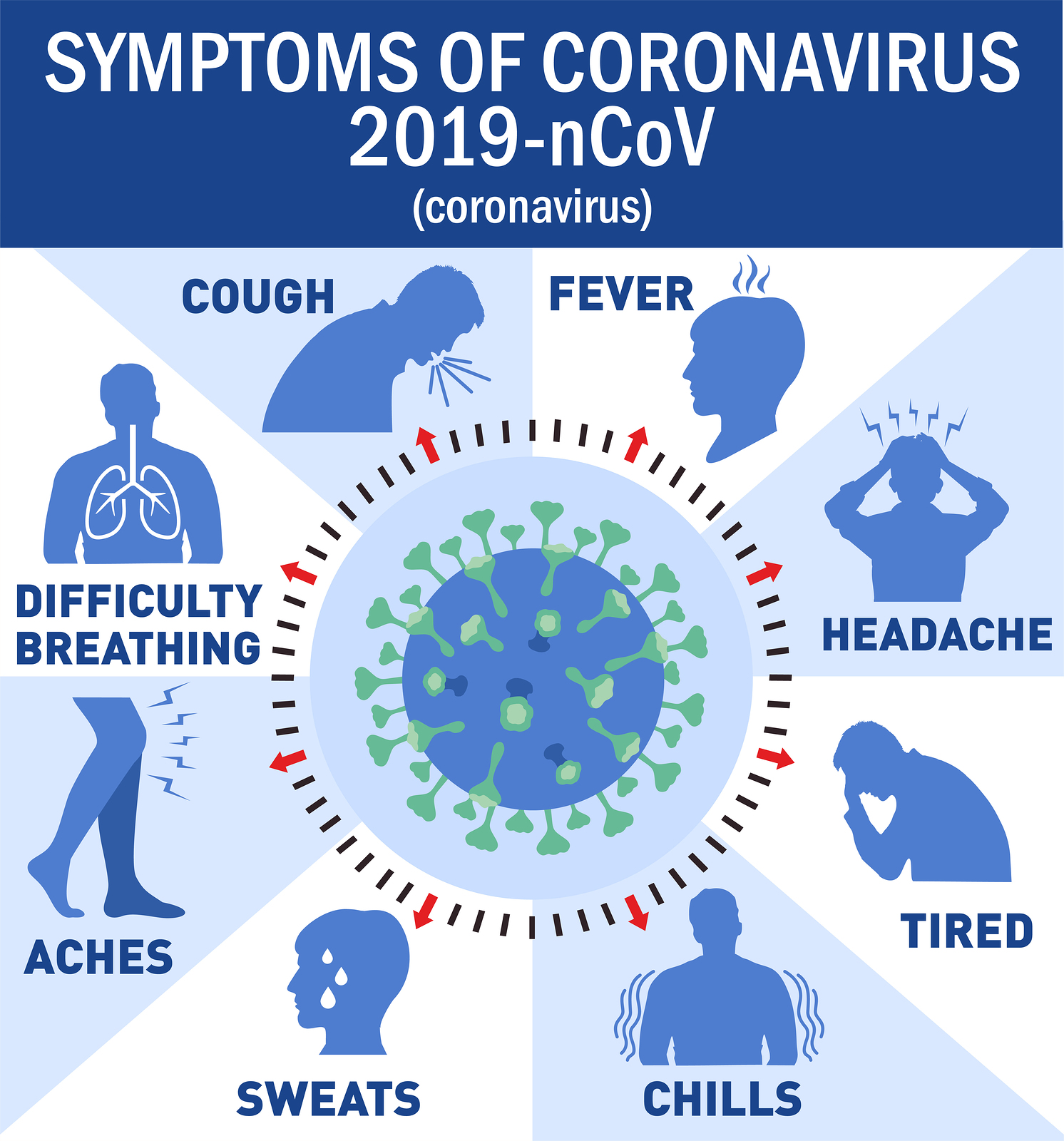

a loss of, or change in, your normal sense of taste or smell (anosmia)įor most people, COVID-19 will be a mild illness.The main symptoms of COVID-19 are recent onset of any of the following: If you have arrived in England from overseas you may also need to self-isolate, but should follow separate guidance on travelling to England from another country during COVID-19. a group of people who share a nomadic way of life for example those who live on Traveller sites, in vehicles or on canal boatsįollow separate guidance if you have had contact with someone who has tested positive for COVID-19 but do not currently live in the same household as them.a group of people (who may or may not be related) living at the same address and who share cooking facilities, bathrooms or toilets, or living areas – this may include students in boarding schools or halls of residence who share such facilities.people who currently live in the same household as someone with COVID-19 symptoms, or with someone who has tested positive for COVID-19 by LFD or PCR test.

people who have received a positive COVID-19 LFD or PCR test result (whether or not they have symptoms).people with symptoms that may be caused by COVID-19, including those who are waiting for a COVID-19 test result.
Corona virus symptoms come and go full#
The self-isolation period remains 10 full days for those without negative results from 2 LFD tests taken a day apart. The first LFD test should not be taken before the fifth day after your symptoms started (or the day your test was taken if you did not have symptoms). It is now possible to end self-isolation after 5 full days if you have 2 negative LFD tests taken on consecutive days. Do not wait in the waiting room.The self-isolation advice for people with coronavirus (COVID-19) has changed. If you come to any area of the hospital and are concerned that you may have COVID-19, or if you have a fever or cough, please wear a mask and go directly to the reception desk to speak to a staff member. If you are experiencing life-threatening symptoms such as difficulty breathing or pressure in the chest, please call 911. For your safety and the safety of others, please do not come to an urgent care clinic or emergency room unless you have been instructed to do so. If you are experiencing symptoms associated with COVID-19, please call your primary health care provider for guidance. Contact your medical provider immediately if you experience any concerning or severe symptoms. Persistent pain or pressure in your chestĪlthough experts are still learning about the impacts of COVID-19, people with pre-existing medical conditions such as diabetes, high blood pressure, heart disease, lung disease or cancer, as well as older people, are at an increased risk of developing serious illness from COVID-19.Serious or emergency warning signs of COVID-19 are indications that you must seek medical attention immediately. These signs include:
Corona virus symptoms come and go update#
We will continue monitoring the situation and update this page in accordance with CDC updates. Please note: This is not an all-inclusive list.



 0 kommentar(er)
0 kommentar(er)
